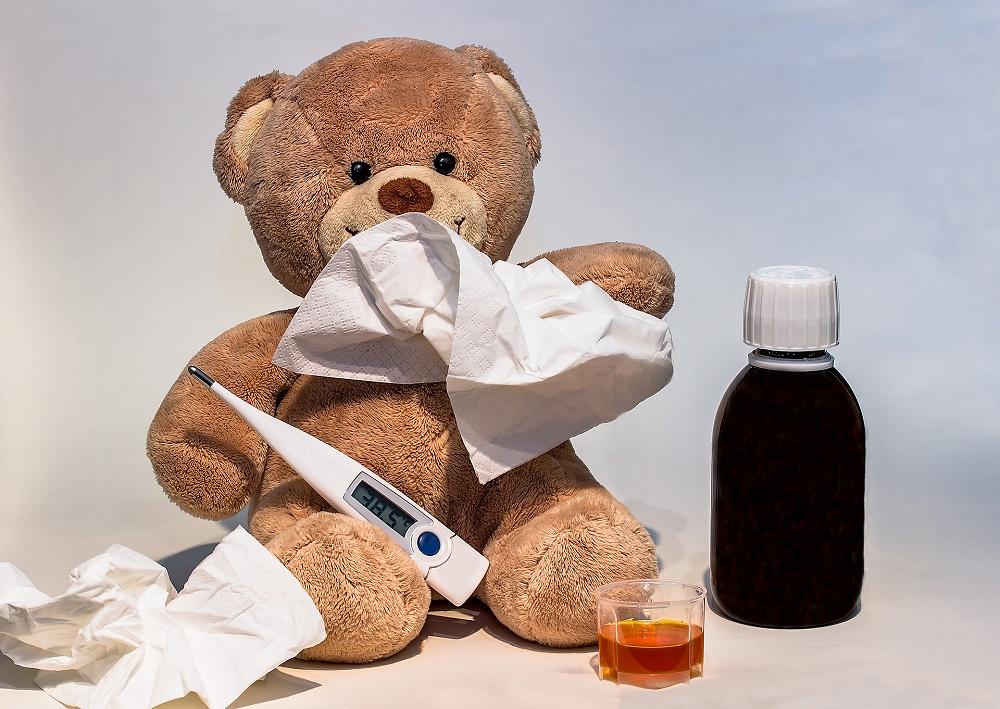
Measles Outbreak
Measles Measles is a highly contagious disease that can be life threatening. Find out what the symptoms are and how immunisation can protect you and your family.
From the Ministry of Health
There are currently outbreaks of measles in New Zealand. See 2019 measles outbreak for more information.
Planning to travel to Auckland? See our Travel advice.
Summary
- Measles is highly contagious – and easily preventable.
- It affects both children and adults.
- Two doses of the measles vaccine provides the most effective protection for yourself, your family and the wider community. After one dose of the MMR vaccine, about 95% of people are protected from measles. After two doses, more than 99% people are protected.
- In New Zealand, if you were born in 1969 or later, you can get the measles vaccine for free.
- Vaccination is particularly important if you are planning to travel anywhere overseas – to protect yourself and to help prevent outbreaks in New Zealand.
Stopping the spread
Measles is a highly infectious airborne virus which affects both children and adults. If you think you have measles, it’s important to call before visiting your doctor to avoid you spreading the virus in the waiting room.
If you’re feeling sick, you should stay away from work, school or public places, to help prevent putting other people at risk.
This also applies if you or a family member aren’t fully immunised and may have been in contact with someone with measles.
By isolating yourself you will help protect vulnerable people including babies, pregnant women, cancer patients and others who are unable to be immunised and for whom the impact of the disease can be devastating.
You are contagious 5 days before to 5 days after rash onset, counting the day of rash onset as day 1.
Measles complications
Measles can be life threatening: about 1 in 10 people with measles will need hospital treatment.
Measles can also lead to other complications, including:
- ear infections (which can cause permanent hearing loss)
- diarrhoea
- pneumonia
- seizures
- swelling of the brain – this is rare, but can cause permanent brain damage or death.
Up to 30% of people with measles will develop complications – usually children under 5 and adults over the age of 20.
Measles during pregnancy increases the risk of miscarriage, premature labour and low birth-weight babies.
Please see https://www.health.govt.nz/your-health/conditions-and-treatments/diseases-and-illnesses/measles/2019-measles-outbreak-information for further information.
